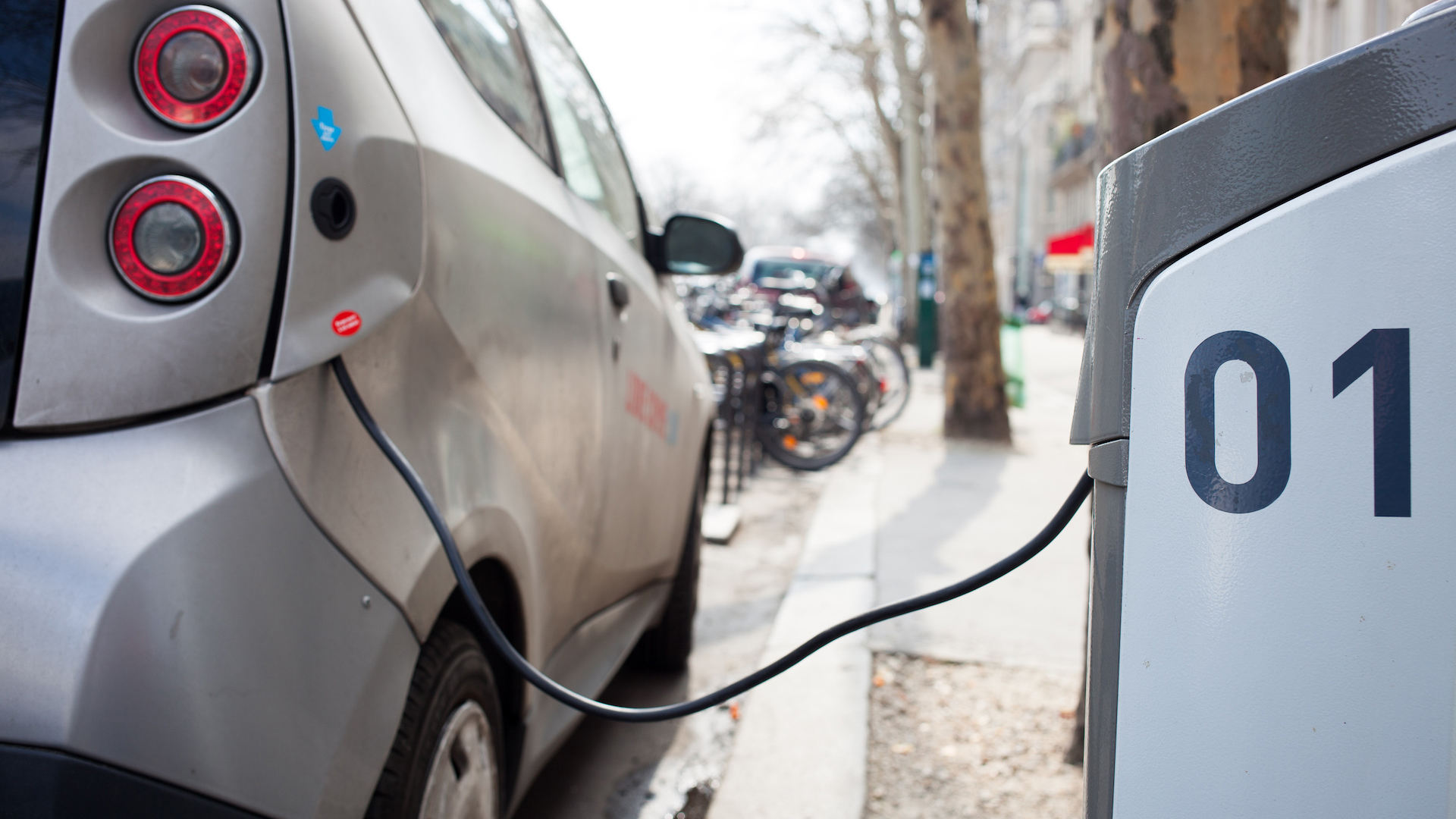 Electric vehicle charging.
Electric vehicle charging.
University of Arizona researchers are solving a puzzle that's sparked safety concerns about electric vehicles.
UA doctoral student and engineer Basab Goswami is working on ways to predict and diagnose overheating in lithium-ion batteries.
"Through our study we have provided a framework which later can be utilized by EV manufacturers or any kind of system that has a battery pack," he said.
Goswami describes a "thermal runaway" effect. That's a chemical reaction that happens when one battery cell overheats and causes others to ignite. There are thousands of cells in an electric vehicle's battery pack.
Researchers say isolated car fires have led some consumers to rethink buying an electric vehicle, and Goswami notes when a fire destroys an electric vehicle, the result is not just a loss of the car, but a loss of confidence in alternative energy.
"To continue this sustainable energy revolution, we must increase the acceptance of lithium ion batteries because batteries are the future and the present as well."
The National Fire Protection Association reports electric vehicles are no more dangerous than internal combustion cars, however, online videos showing EVs on fire tend to go viral.
Goswami says artificial intelligence can be used to monitor temperature spikes in large battery systems and warn the user to shut the device down before a fire can start.

By submitting your comments, you hereby give AZPM the right to post your comments and potentially use them in any other form of media operated by this institution.